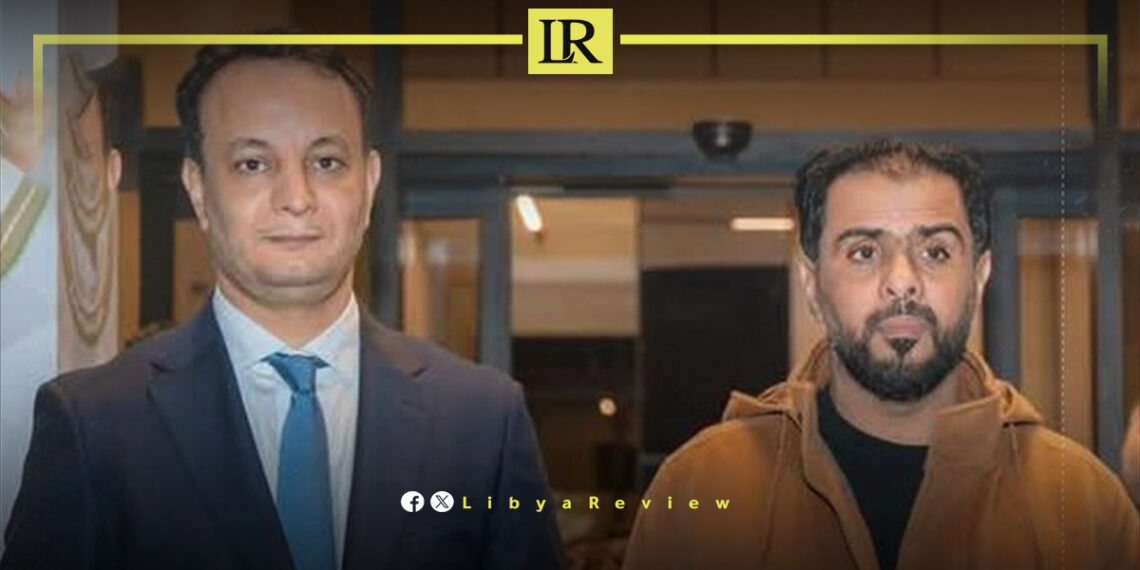On Thursday, the Parliament-designated Government, headed by Prime Minister Osama Hammad, announced the dissolution of four major state institutions and ordered the transfer of all assets, personnel, and financial resources to the Libya Development and Reconstruction Fund.
The move is part of a broader effort to streamline public administration, consolidate resources, and enhance development efforts in the eastern region.
The entities include the Housing and Infrastructure Projects Implementation Agency, the Utilities Implementation and Management Authority, the General Authority for Water Resources, and the Public Authority for Infrastructure, Transportation, and Housing.
The government stated that the Libya Development and Reconstruction Fund will assume full responsibility for overseeing infrastructure, development, and public service projects.
As part of the restructuring, Hammad’s government authorized the Fund’s leadership to form specialized committees to handle the liquidation of the dissolved entities, assess their fixed and movable assets, evaluate financial obligations, and ensure a smooth transition of operations.
The administration framed the move as a necessary step toward cutting bureaucracy, improving efficiency, and ensuring better management of public funds.
Libya has struggled with fragmented governance, deteriorating infrastructure, and economic instability since the 2011 NATO-backed uprising that led to the fall of Muammar Gaddafi.
The country has been divided between rival governments, with the Tripoli-based Government of National Unity (GNU), led by Abdulhamid Dbaiba, controlling the west, while the House of Representatives-backed government, led by Hammad, operates in the east.
The political split has resulted in parallel institutions, competing policies, and challenges in coordinating national reconstruction efforts.
The decision to dissolve these institutions and reallocate their assets comes at a time when Libya faces mounting infrastructure challenges, worsened by years of conflict, economic mismanagement, and natural disasters.
The eastern authorities argue that consolidating these institutions under a single development body will improve oversight, reduce financial waste, and accelerate reconstruction projects.
Despite these efforts, the ongoing power struggle between Libya’s rival governments complicates governance and economic recovery.
The country remains deeply polarized, with international actors supporting different factions, making coordination of national policies, foreign investments, and reconstruction projects increasingly difficult.
While Hammad’s government moves forward with institutional restructuring in the east, it remains unclear how these changes will impact national unity and Libya’s long-term stability.


